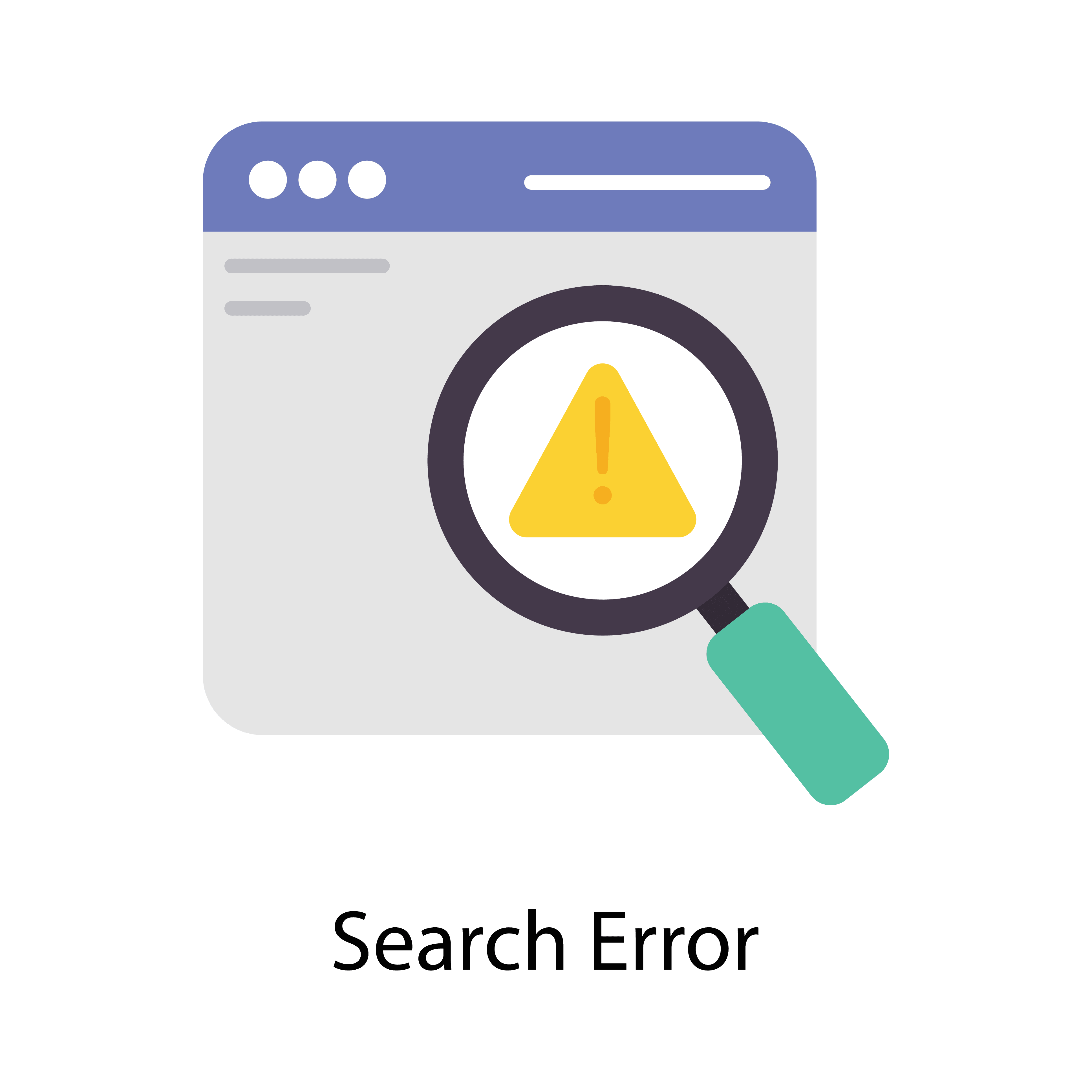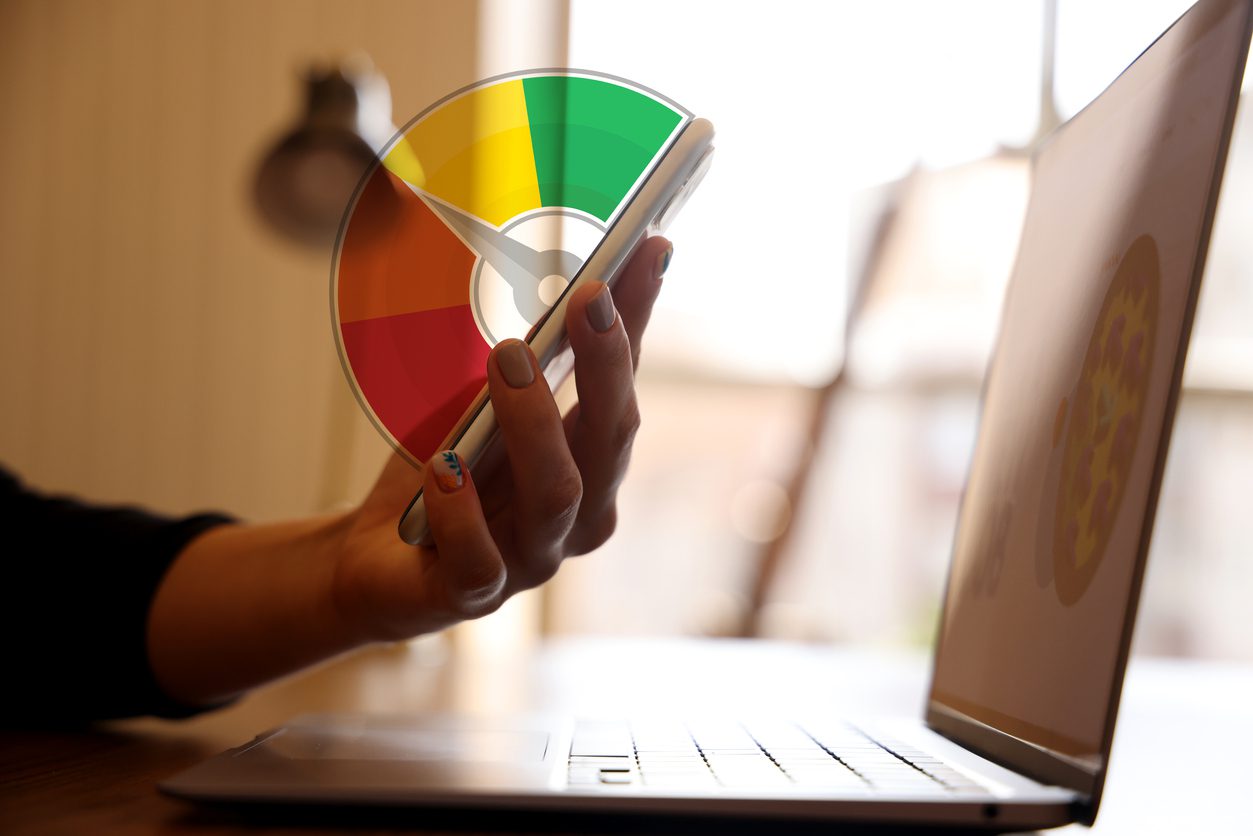Why You Must Have an Online Presence for Reputation Management

What does it mean to have an online presence? Why is it so important to reputation management? Our blog team provides answers.
Social media sites like Twitter and LinkedIn, along with blog-hosting sites like WordPress and Blogger, are the red-headed stepchildren of the online world. Each day, we’re encouraged to shut down our blogs and disconnect from our virtual connections so we can engage in idyllic activities like flying kites and barbequing meats with our neighbors. The implication is that the online world really has no value when compared to what we might call “real life.”
We couldn’t disagree more. In fact, we think everyone should have at least one foot in the online world. Those who don’t may experience real and present dangers in their real lives.
A Few Words From Our Critics
Before we delve into the nitty-gritty details that might compel you to sign up for an internet presence right away, it might be worthwhile to explain what the naysayers think, when it comes to the online world. Social media is often bashed, in part, because of its time-sucking capabilities. We could spend hours reading the status updates of people we went to high school with, and sometimes, watching a fight unfold on Twitter keeps us amused for hours at a time.
For some professionals, time spent in activities like this is simply criminal, and they argue that the act has no merit.
The writer J.T. Ellison suggests, for example, that social media connections can allow writers to find new readers and come up with new and interesting content. She also suggests, however, that every moment spent online is a moment that’s not spent on writing, and that by unplugging, writers free up headspace for activities that might actually make them money. Similarly, the website Tech Addiction produced an infographic full of dire statistics about the public’s obsession with Facebook. Among the gems shared: 57 percent of people do more talking online than they do in face-to-face situations.
These little tidbits are meant, I presume, to signal the decline of social skills and point to a coming apocalypse, in terms of our ability to talk with one another. Blogs can get lumped into the time-suck category, especially if bloggers accept and respond to comments. If we constantly troll all of our published pieces and write heartfelt responses to each note we get, even if that note from a reader contains only two words, that could punch a hole in our day, for sure.
But blogs also get whacked because they’re deemed useless and unhelpful. For example, an article on Social Triggers suggests that most blog “fail” because they don’t:
- Deliver new customers
- Increase the size of the business
- Help people soar to the top of search results
- Lead to increased sales
By this metric, blogs that don’t make a business bigger aren’t worth the time a blogger spends in crafting the content. It’s reasoning like this that leads people to sign up for social media suicide apps (yes, they exist!) and turn off their blogs. Some people just go dark online, and they might feel as though their real lives are better for it.
A New Definition of Value
While we agree that spending time with people in a face-to-face situation tends to be more rewarding than yapping with strangers online, we also think it’s worthwhile to develop a new yardstick for value, when it comes to online engagement. From a reputation management perspective, any information that’s positive in nature is a valuable item to have available in an online forum. It’s a bit like a dog peeing on a bush. The engagement means that you’re there, you have a point and you’re willing to share it. Bloggers know this all too well.
Case in point: Read this hysterically long blog post about a book the author loves and another writer hates. Systematically, piece by piece, this blogger takes apart the critic’s assertions and replaces them with logical conclusions. It’s funny, but it also has a more subtle purpose. At the end of the blog, the writer suggests that he created this piece for one purpose: to link the critic’s name with the word “hypocrisy.” It didn’t work yet (I tried), but the reasoning is sound. By creating a blog post that has a specific target word and target market, this writer is attempting to control the conversation. This blog may not provide the writer with any income, new leads or increased business. It might not do anything at all, except it shows up in search results.
That’s what blogs do, and I would argue that it’s valuable. Similarly, social media sites tend to leave huge footprints behind. LinkedIn images show up in search results for a person’s name, as do Facebook profile photos. Twitter accounts rank high, as do Pinterest profiles. They make a person visible. Why does it matter?
Take a gander at this piece we wrote for Search Engine Journal. Here, we were discussing recent algorithm changes Google put into place in response to a piece of investigative journalism done by the New York Times. As the screenshots in this piece demonstrate, one woman’s reputation improved as a result of the changes. But one man wasn’t helped at all. It’s easy to understand why this is the case: The woman had a vast online presence, and the man did not. When the algorithm changed, there were blogs, photos, articles, and more to push to the top of search results for her. He had nothing. She won. He lost. It’s that simple. Since he had no valuable content online, running a search for his name brings back only arrest records and mugshot documents.
Would you want to fly a kite or cook meat with someone that seemed criminal? We’re not sure we would, and if we snubbed an invite, his online problem would quickly manifest as a real-world crisis.
Of course, not all online engagement is beneficial. That’s something we’ve discussed multiple times on this blog (see here for an example). But it’s absolutely irresponsible to go dark when just spending a few online moments each day could matter so very much in terms of your reputation. So just do it. And let us know if we can help you do it better.
Online Presence and Reputation Management: The Link is Undeniable
These days, if you want to manage your reputation, you’d better have an online presence. And if you need help with building that footprint or reputation management, we’re here to help.
Call 941-259-4554 to speak with an Online Reputation Specialist today.



